Table of Contents
Regarding diets on opposite ends of the spectrum, the vegan and carnivore diets certainly take the cake. This article aims to illuminate the health benefits and risks of each, helping people navigate these seemingly exact opposite diets.
Quick Answers
Are Vegan and Carnivore diets the same?
No, vegan and carnivore diets are not the same. While vegans exclude all animal products, carnivores primarily focus on consuming animal-based foods.
If something is vegan, does that mean it’s also Carnivore?
No, if something is vegan, that does not mean it’s also carnivore. Vegan diets steer clear of all animal products, including meat and dairy, while carnivore diets focus solely on animal-based foods.
If something is Carnivore, does that mean it’s also vegan?
No, if something is carnivore, that does not mean it’s also vegan. Carnivore diets are centered around animal products, unlike vegan diets, which eliminate all foods derived from animals.
Overlap of Vegan and Carnivore Diets
At first glance, vegan and carnivore diets might seem like exact opposites. However, when we dig a little deeper, there are areas where these diets intersect, particularly in health outcomes, environmental effects, and ethical principles.
Diet & Health Overlap
Vegan and carnivore diets each offer unique health benefits and also come with their share of risks. Vegan diets, abundant in fruits, vegetables, and dietary fiber, have been shown to offer a lower risk of heart disease, high blood pressure, colon cancer and help with low blood sugar. The diet is also high in essential vitamins and crucial nutrients.
Carnivore diets, on the other hand, are high-protein diets that focus on meat, including organ meats, which are a rich source of essential amino acids and fatty acids. Some people on carnivorous diets have reported improved mental health, strength, and body composition.
However, note that a diet high in red meat and animal fats has been linked to higher risks of heart disease and other adverse effects.
Despite the differences, the main reason people choose either of these diets often boils down to achieving good health. Both groups tend to avoid processed foods, focusing instead on real foods. Whether it’s plant-based foods or animal products, the goal for both diets is typically a balanced and healthy lifestyle.
Environmental Overlap
Environmental consciousness is often a significant factor in choosing a vegan or carnivore diet. Vegans generally believe avoiding animal products can reduce environmental impact, particularly concerning livestock production, water pollution, and deforestation.
Though fewer in number, Carnivores also have a role to play in sustainability. Many choose locally sourced animal products, prioritizing organic and free-range options. This approach can minimize the negative impact associated with industrial meat production.
Ethical Overlap
Ethical considerations are paramount for many people when choosing a diet. Vegans prioritize animal welfare, as their diet avoids animal abuse, including inhumane factory farming practices.
Contrary to popular belief, Carnivores may also have ethical reasons for their diet. Many prefer sourcing their meat from responsible farms where animals are treated humanely, or they may engage in ethical hunting practices.
In summary, vegans and carnivores are making lifestyle choices that reflect their values, whether animal welfare, health, or environmental sustainability. Each diet prompts its adherents to make more conscious choices, demonstrating that they share some fundamental similarities despite their differences.
By thoroughly examining these overlaps, one can see that people often arrive at their dietary choices through a complex interplay of health, ethical, and environmental considerations, regardless of whether they identify as vegan or carnivore.
Foods That Are Both Vegan And Carnivore
While vegan and carnivore diets are often considered opposites, some surprising areas of overlap regarding food choices exist. Both diets can incorporate various foods that contribute to nutritional balance and well-being.
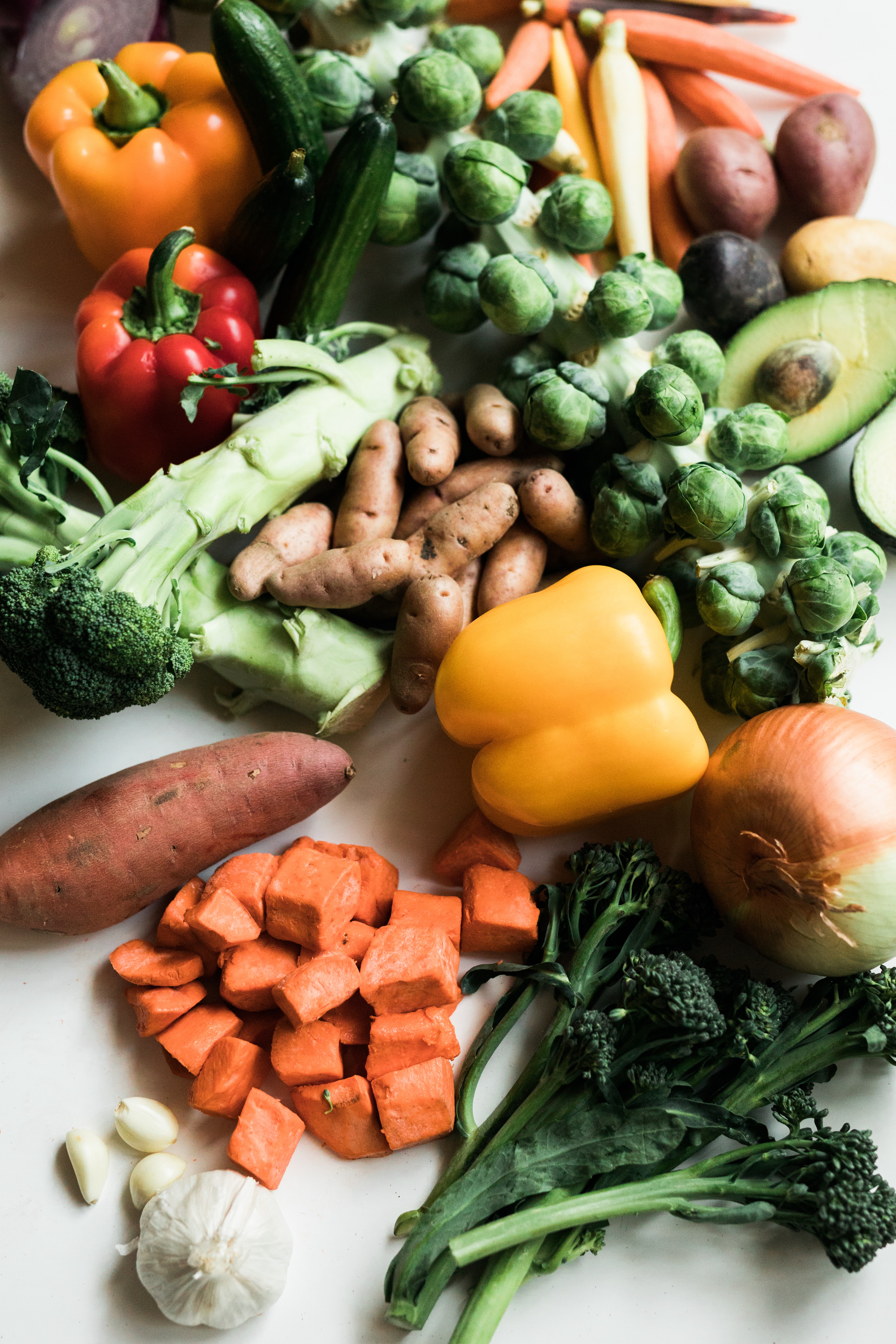
Vegetables
Vegetables are a staple in both vegan and carnivore diets, although the latter usually in smaller amounts. They are nutrient-dense and low in calories, making them a healthy choice for anyone, regardless of dietary preferences. Both vegans and carnivore dieters can benefit from a wide range of vegetables, including bell peppers, broccoli, carrots, cucumbers, and zucchini.
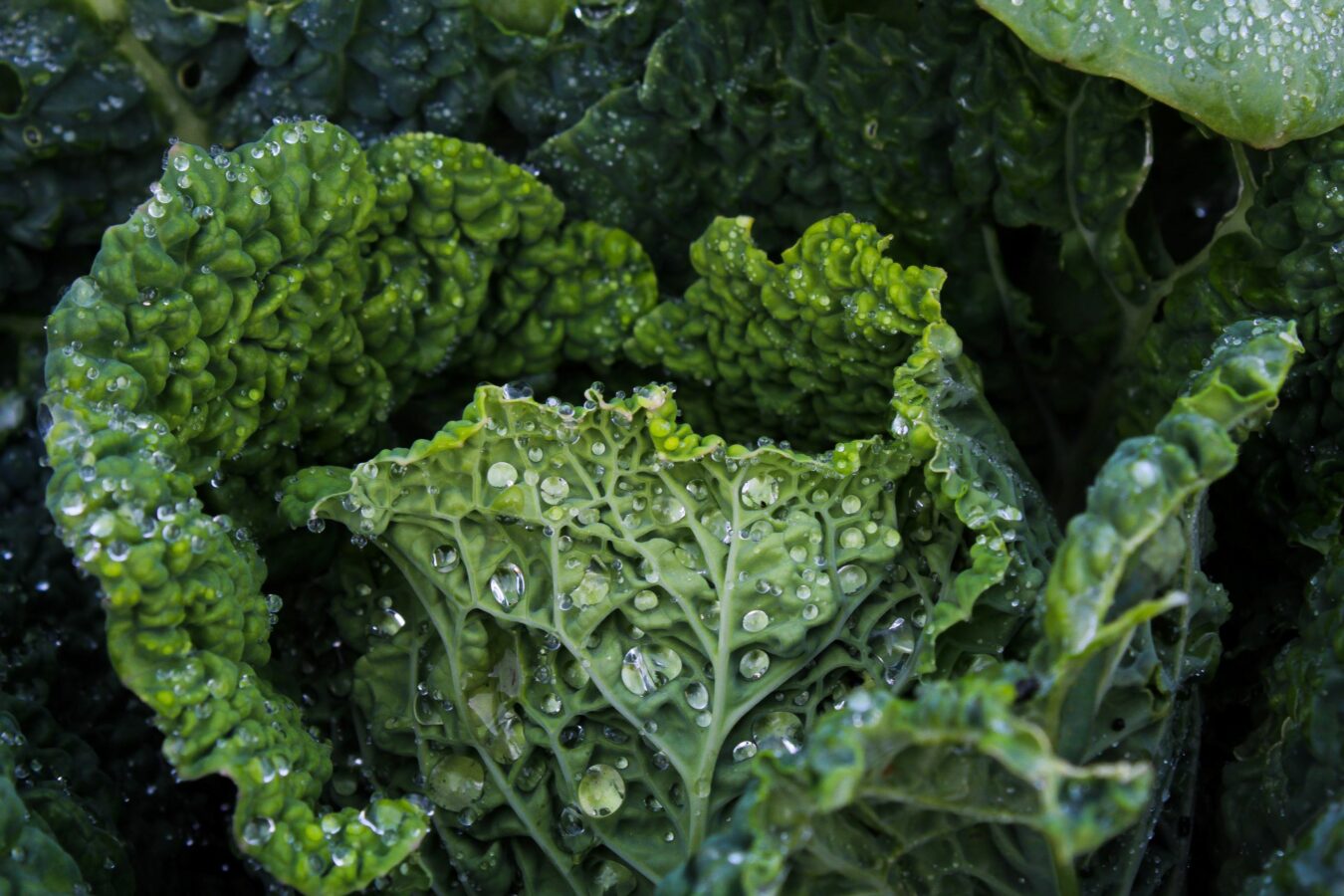
Leafy Greens
Leafy greens such as spinach, kale, and collard greens are also common in both diets. For vegans, these greens provide essential nutrients like iron and calcium. Some carnivores incorporate leafy greens into their meals for added fiber and micronutrients, even though the primary focus of their diet remains animal products.
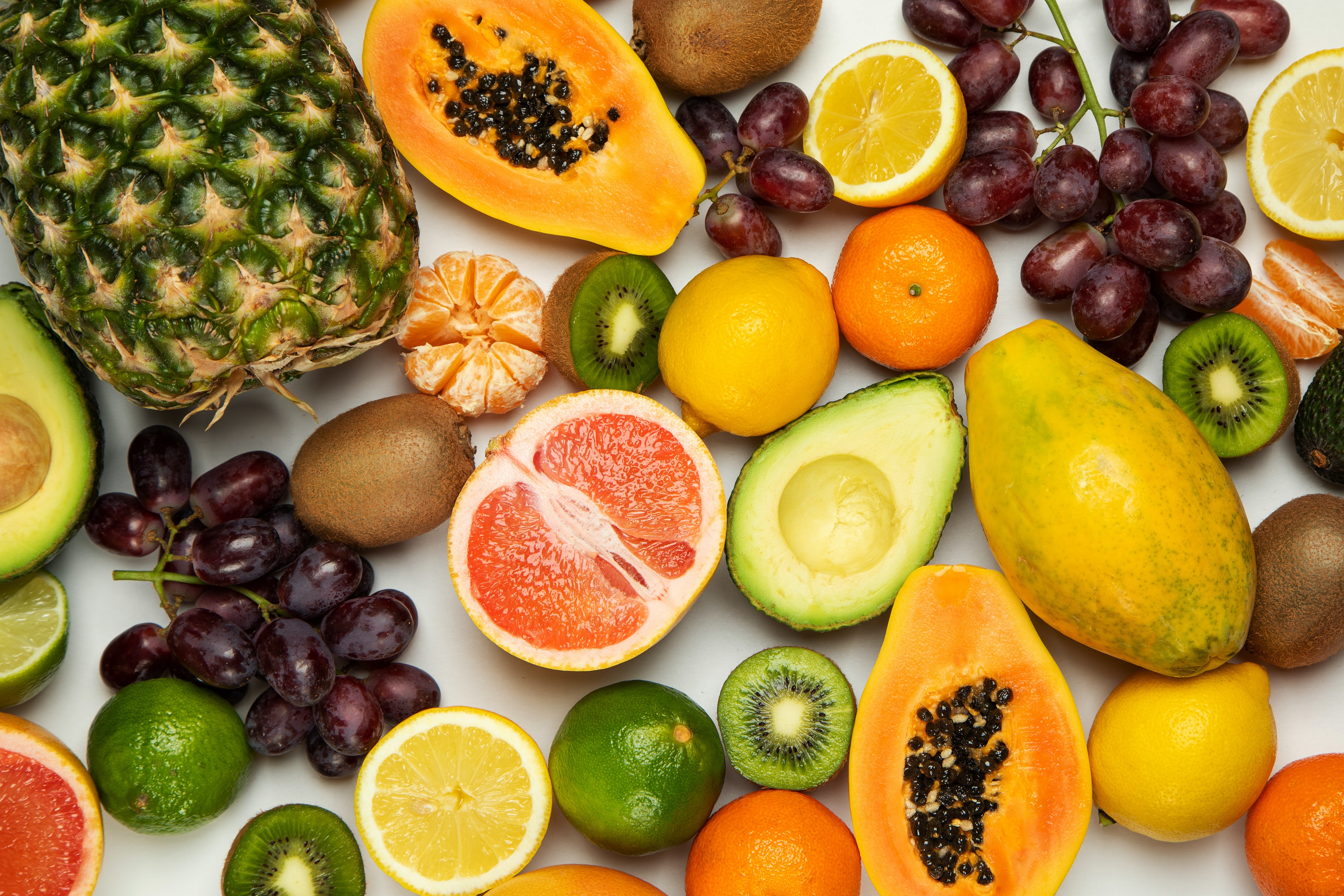
Fruits
While fruits play a more central role in vegan diets, some carnivore dieters do include fruits in moderation. For example, berries, apples, and citrus fruits can add natural sweetness and vital nutrients to meals for vegans and those on a carnivore diet.
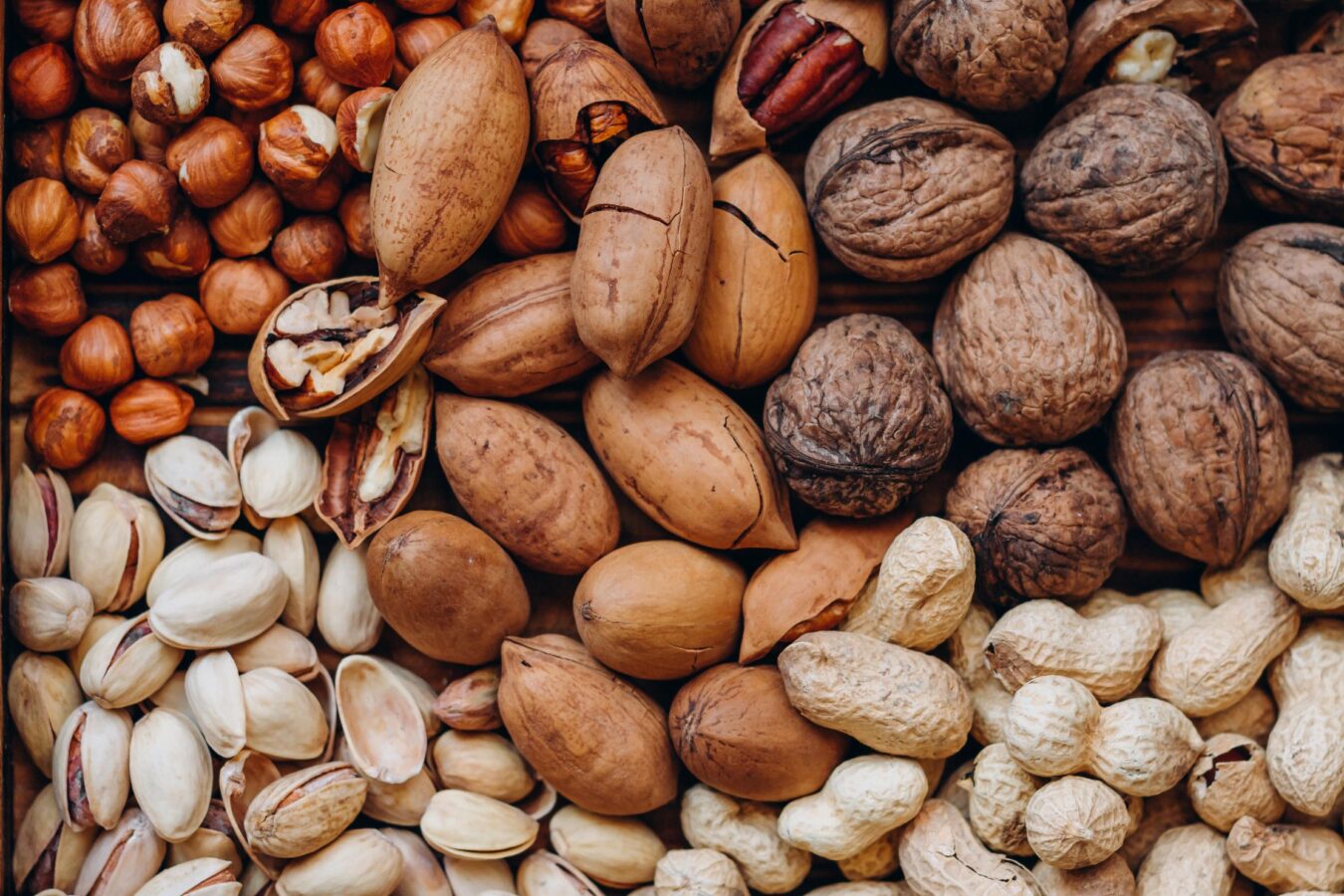
Nuts & Seeds
Nuts and seeds like almonds, chia seeds, and flaxseeds are a core part of many vegan diets, offering a good source of protein and healthy fats. While not as prevalent in carnivore diets, some carnivores consume them as a source of healthy fats and protein.
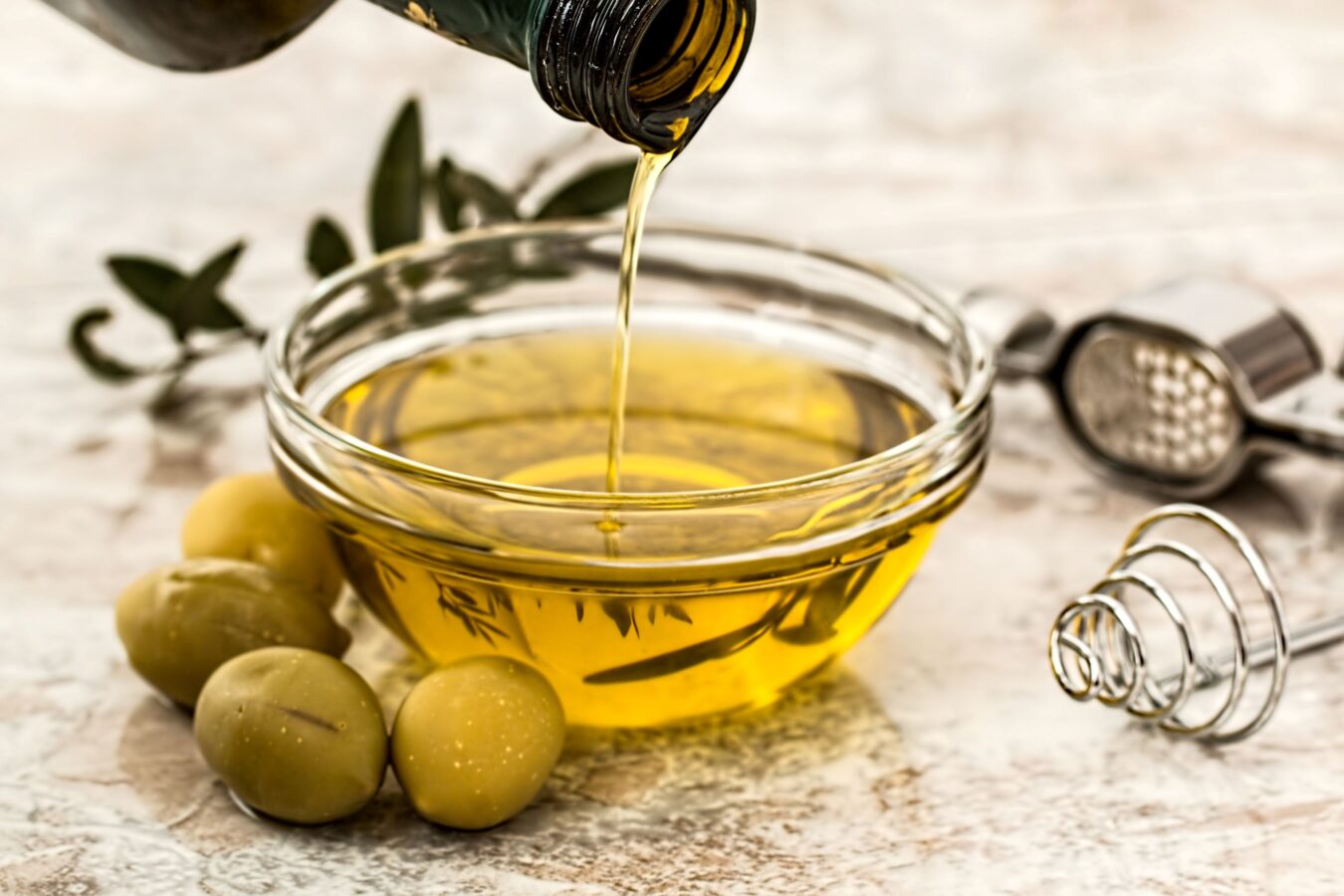
Oils
Both vegan and carnivore diets utilize oils but of different varieties. Vegans often opt for plant-based oils like olive oil and avocado oil, which are rich in monounsaturated fats. On the other hand, Carnivores may lean towards animal-based fats like butter and lard, although some also use plant-based oils.
Understanding Carnivore Diets
Carnivore diets focus exclusively on animal products, steering clear of plant-based foods for the most part. The diet emphasizes protein and fats derived from animal sources, and its proponents claim benefits ranging from weight loss to mental clarity.
Common Carnivore Diet Foods
- Animal Proteins: All animal proteins are acceptable on the carnivore diet. This includes beef, chicken, pork, and lamb.
- Organ Meats: Liver, heart, and kidneys are examples of organ meats commonly consumed on the carnivore diet.
- Fish and Seafood: Salmon, tuna, shrimp, and shellfish are typical seafood items for a carnivorous diet.
- Eggs: Chicken, duck, and even fish roe are common.
- Dairy: Full-fat dairy like butter, ghee, and certain cheeses are acceptable for many following a carnivore diet.
- Vegetables: While not a focus, some include non-starchy vegetables like lettuce and cucumbers.
- Fruits: Some carnivores consume berries or avocados in limited quantities.
Vegan Foods That Are Not Carnivore
Despite some commonalities in nutrient focus, like fiber and essential vitamins, vegan and carnivore diets are often considered polar opposites regarding actual food sources.
While both diets can be adapted to fit individual health needs, it’s clear that certain foods find a home only in a vegan meal plan and are completely absent from the carnivore’s plate.
Here, we delve into two major categories that distinguish these diets: processed vegan foods and carbohydrates.
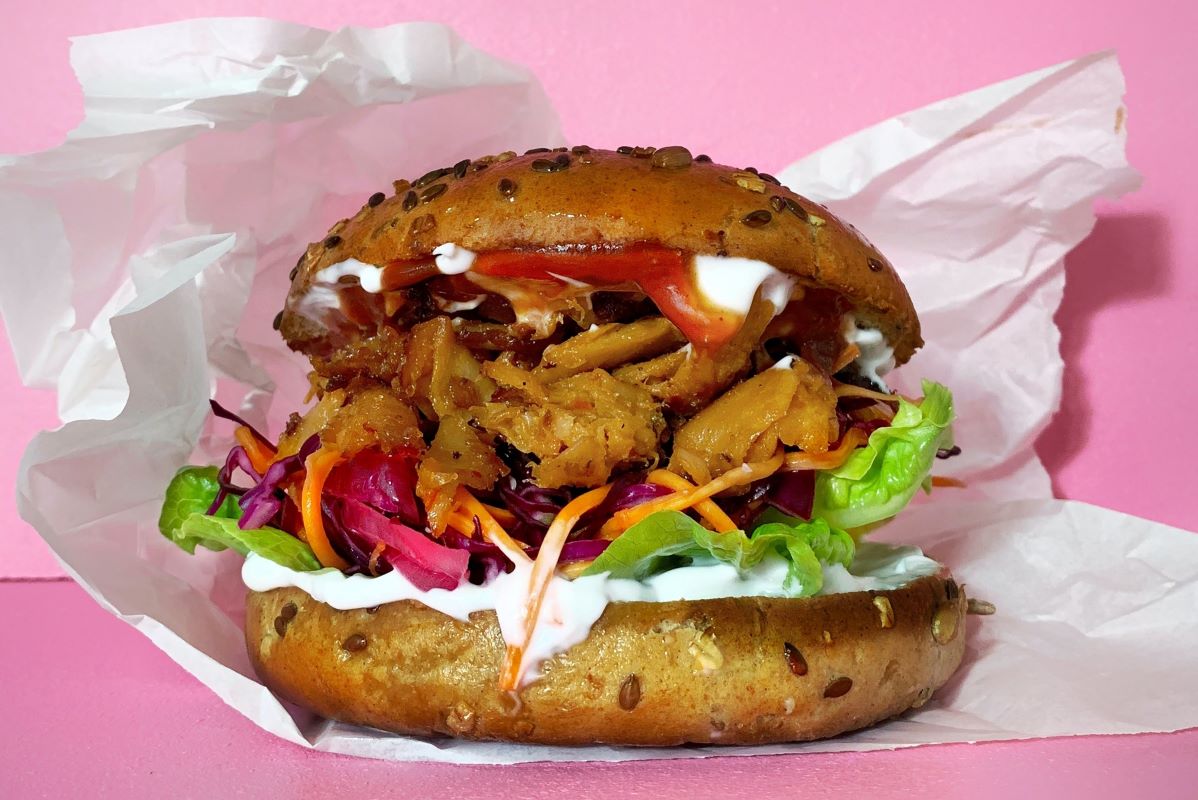
Processed Vegan Foods
In a world where convenience is paramount, the vegan diet needs to be improved in offering various processed food options. From plant-based burgers to dairy-free cheese slices, vegans can enjoy familiar textures and flavors without compromising their ethical or dietary beliefs.
These processed foods often utilize ingredients like soy, peas, and various grains to mimic the texture and flavor of animal-derived products. While they provide an easy transition for those new to veganism, these processed options do not fit into the carnivore diet framework.
Carnivore dieters emphasize consuming whole foods, particularly those derived from animal sources. Processed foods, vegan or otherwise, generally don’t cut. A carnivore’s menu is more likely to feature a steak or organ meats than it is to include a soy-based protein product.
The focus is on unprocessed, nutrient-dense animal foods that provide essential amino acids, fatty acids, and other vital nutrients often in more bioavailable forms than plant sources.

Carbohydrates
Another significant point of divergence between these two diets is the approach to carbohydrates.
In a typical vegan diet, carbs are embraced wholeheartedly. They appear in numerous forms, ranging from whole grains like quinoa and brown rice to legumes such as lentils and chickpeas. Fruits, rich in natural sugars, vitamins, and fibers, are another cornerstone of vegan carbohydrate consumption.
The carnivore diet, on the other hand, takes an almost antithetical stance on carbs. The central dogma of this diet is to minimize carb intake as much as possible to allow the body to run primarily on fats and proteins for energy. Foods rich in carbohydrates, such as fruits, grains, and legumes, are categorically avoided.
In summary, while both vegan and carnivore diets have merits and demerits, they are opposites in many ways, particularly concerning processed foods and carbohydrate intake. Understanding these differences is crucial for anyone contemplating a significant dietary shift, whether for health reasons, ethical considerations, or both.
Understanding Vegan Diets
Vegan diets exclude all animal-derived products, focusing on plant-based foods. The diet is diverse and includes a variety of vegetables, fruits, grains, and protein sources. Vegans often choose this lifestyle for ethical, environmental, or health reasons.
Common Vegan Foods
- Vegetables: All vegetables are acceptable on a vegan diet.
- Fruits: All fruits are acceptable on a vegan diet.
- Legumes: Includes beans, lentils, chickpeas, and peas.
- Nut Butter and Nuts: Almonds, walnuts, cashews, and various nut butters are all acceptable.
- Seeds: Chia seeds, flaxseeds, hemp seeds, etc.
- Grains: Quinoa, rice, oats, and other whole grains are staples.
- Plant-based Proteins: Tofu, tempeh, and plant-based meat alternatives are common protein sources.
- Plant-based Milk: Includes almond milk, soy milk, oat milk, and plant-based milk alternatives.
- Plant-based Oils: Olive oil, coconut oil, avocado oil, etc.
- Herbs & Spices: All herbs, spices, and flavor enhancers like nutritional yeast are acceptable.
Can A Vegan Diet Be Carnivore?
Vegan and carnivore diets fundamentally differ in their core principles and food choices, making a direct combination of the two practically impossible. While both diets aim for optimal health, they do so
Carnivore Foods That Are Not Vegan
The carnivore and vegan diets stand at opposite ends of the dietary spectrum regarding their foundational food sources.
A carnivore diet is based exclusively on animal-derived products, which naturally leads to several food categories not part of a vegan diet. Below are key food groups that distinguish the carnivore diet from its vegan counterpart.
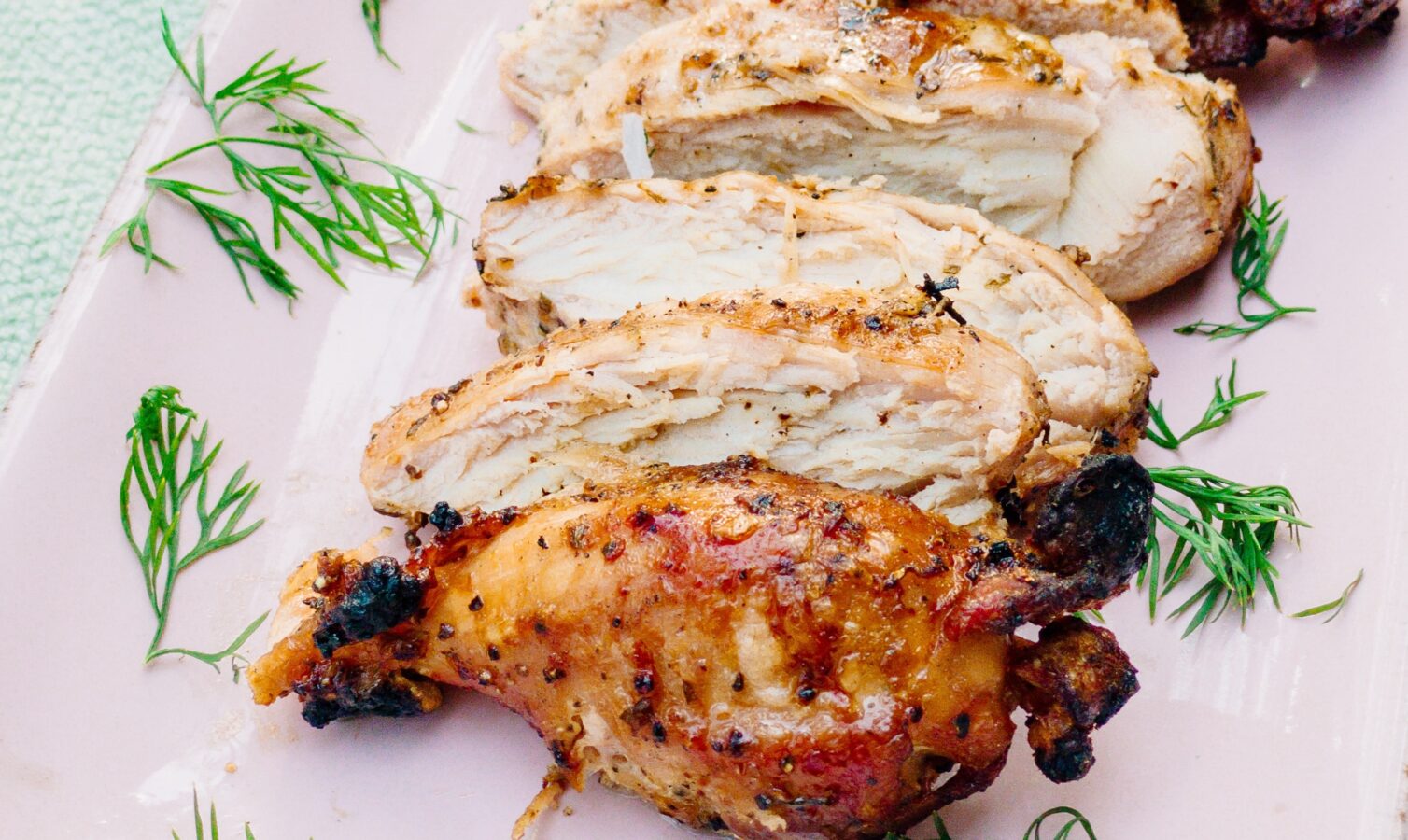
Meat
Meat is the cornerstone of a carnivore diet and is categorically avoided in veganism. The spectrum of meats consumed can be extensive, from traditional options like steak, chicken breast, and pork chops to more specialized choices like organ meats.
These provide a rich source of essential amino acids, protein, and other nutrients, which are bioavailable and easily absorbed by the body.
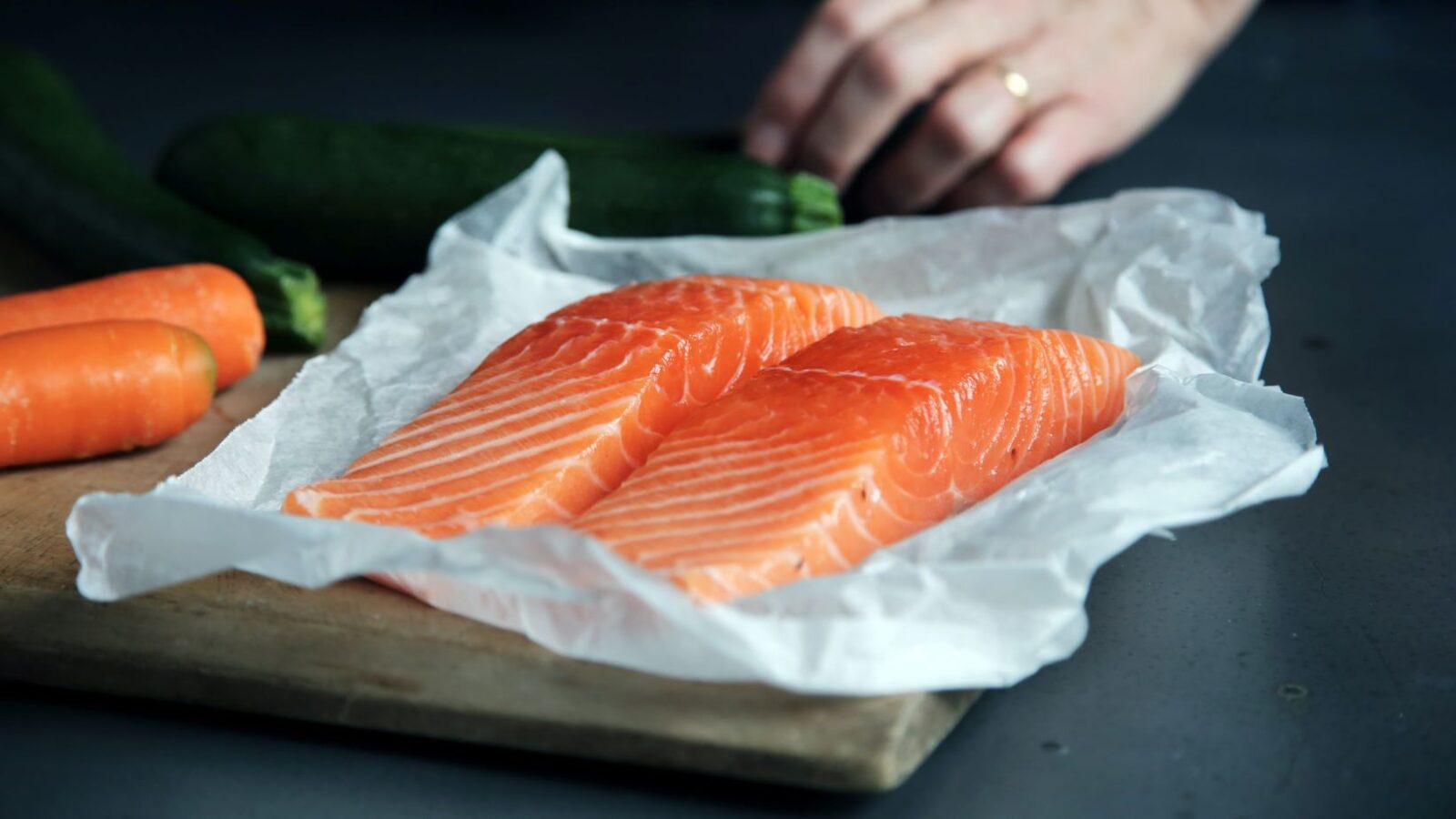
Fish and Seafood
In a carnivore diet, fish and seafood are valuable sources of protein and omega-3 fatty acids. Examples include salmon, shrimp, and shellfish, high in essential nutrients.
For vegans, these food items are off the menu, often substituted with plant-based sources of omega-3 like flaxseeds or walnuts.
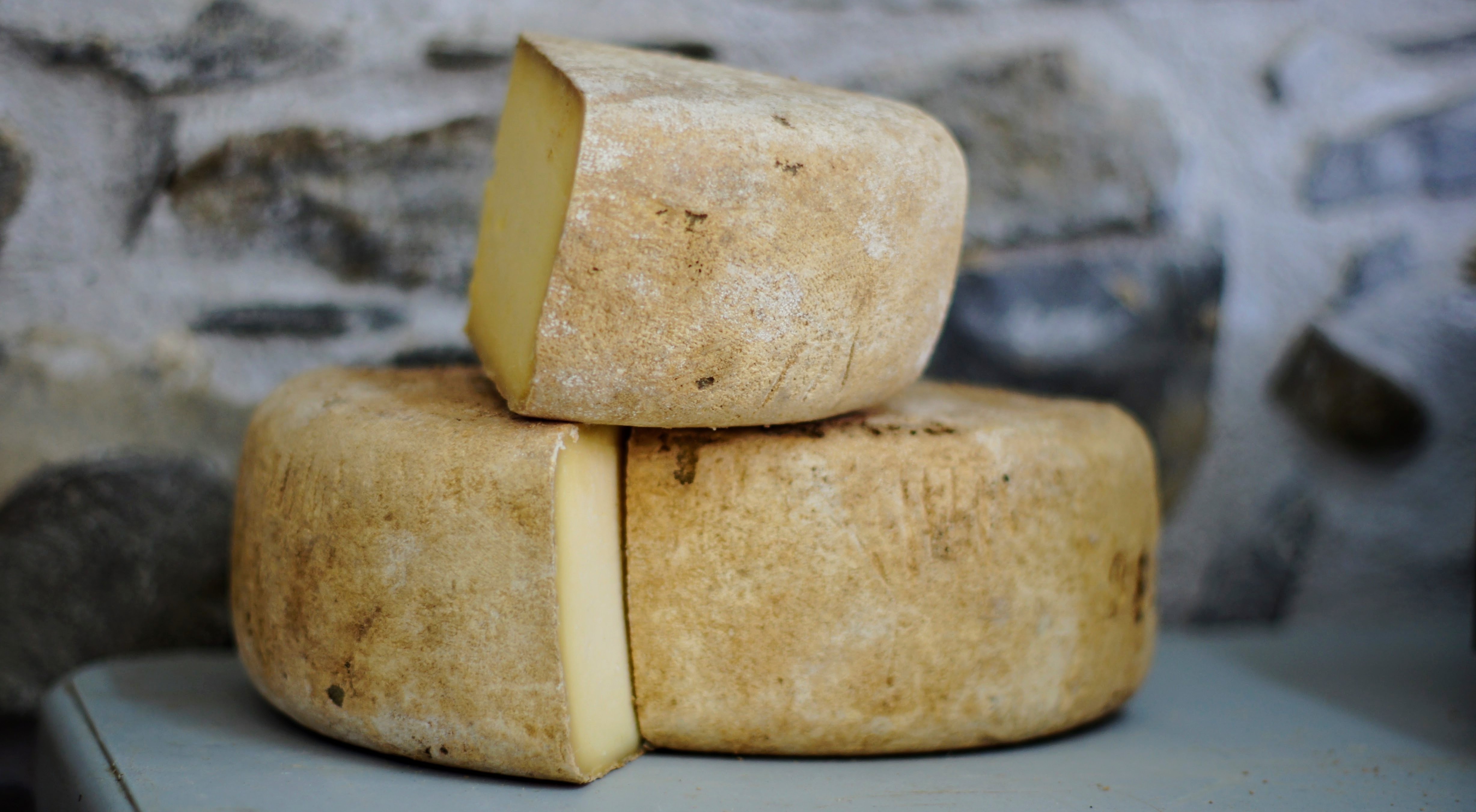
Dairy Products
Dairy is another category that sets the carnivore diet apart. Cheese, milk, and yogurt are common inclusions that provide calcium, protein, and fat. In contrast, vegans replace these with plant-based alternatives like almond milk, cashew cheese, and coconut yogurt.
While both diets aim to promote a healthier lifestyle, they achieve it through diametrically opposite food sources. A deep understanding of these differences is crucial for anyone considering switching from one diet to another.
FAQ
Let’s address some frequently asked questions about vegan and carnivore diets.
Is a vegan or carnivore diet healthier?
A vegan diet is generally considered healthier than a carnivore diet due to its higher fiber content and lower saturated fat levels, although individual needs may vary.
Which diet is more environmentally friendly?
A vegan diet is more environmentally friendly than a carnivore diet because livestock production has a greater carbon footprint and uses more resources like water and land.
Can I get enough nutrients on a carnivore diet?
You can get enough nutrients on a carnivore diet, but it may require careful planning to ensure the intake of essential vitamins often found in plant foods, like vitamin C and some B vitamins.
Are there any specific health benefits to the vegan diet?
Yes, a vegan diet is often associated with a lower risk of heart disease, high blood pressure, and certain types of cancer. It’s also generally high in dietary fiber and essential nutrients.
How can I incorporate elements of both diets for a balanced approach?
To incorporate elements of both diets, you could follow a flexitarian approach, eating plant-based most of the time but including high-quality animal products occasionally. This allows for a more balanced intake of essential nutrients from both plant and animal sources.
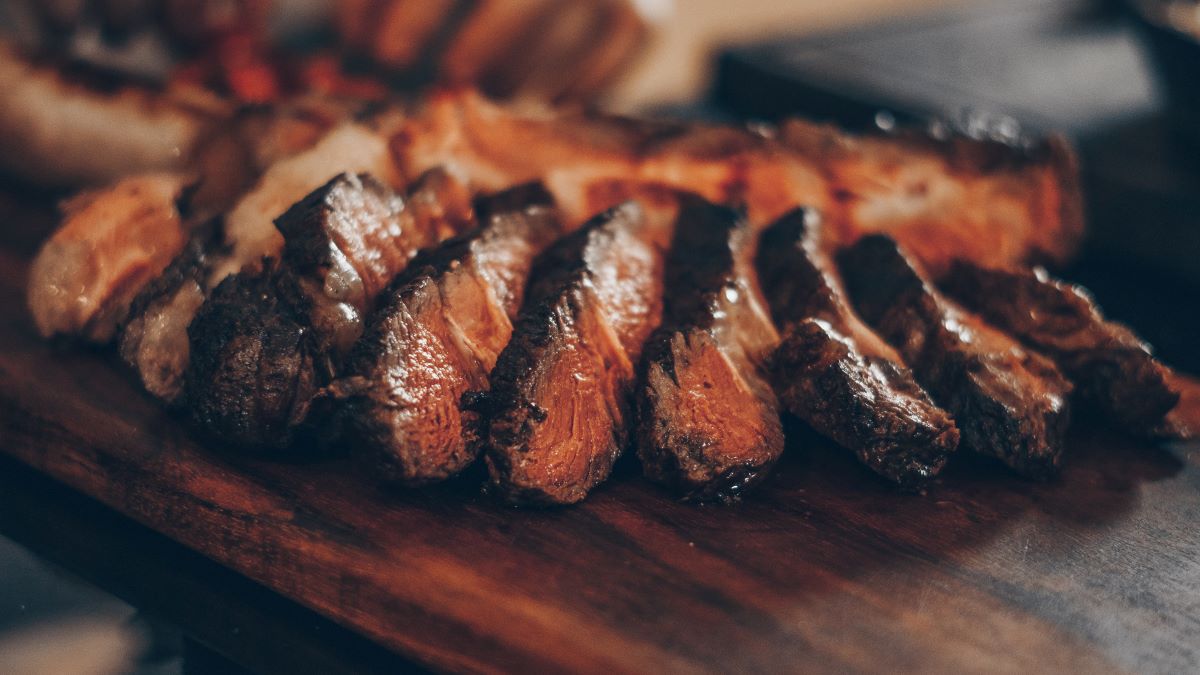

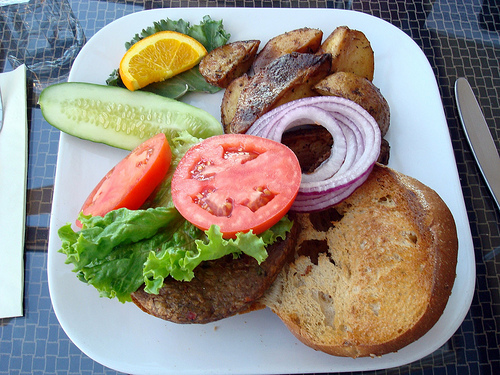
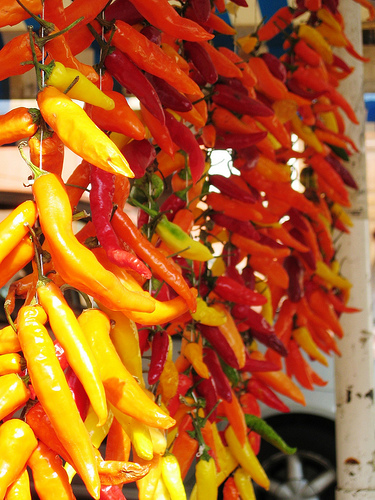
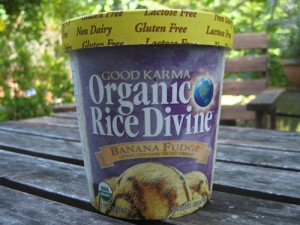
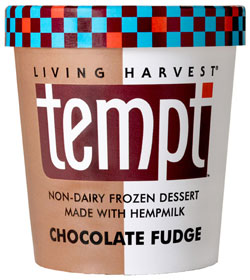
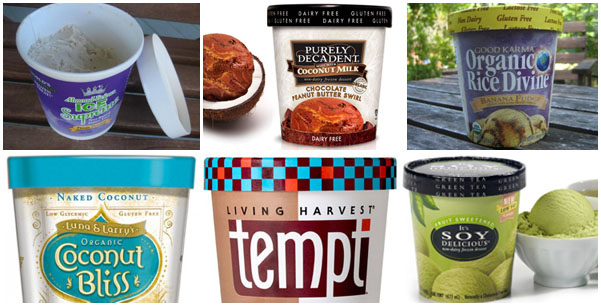


Vegetables are a staple in the Carnivore Diet? I stopped reading at that point because I knew that was totally inaccurate.